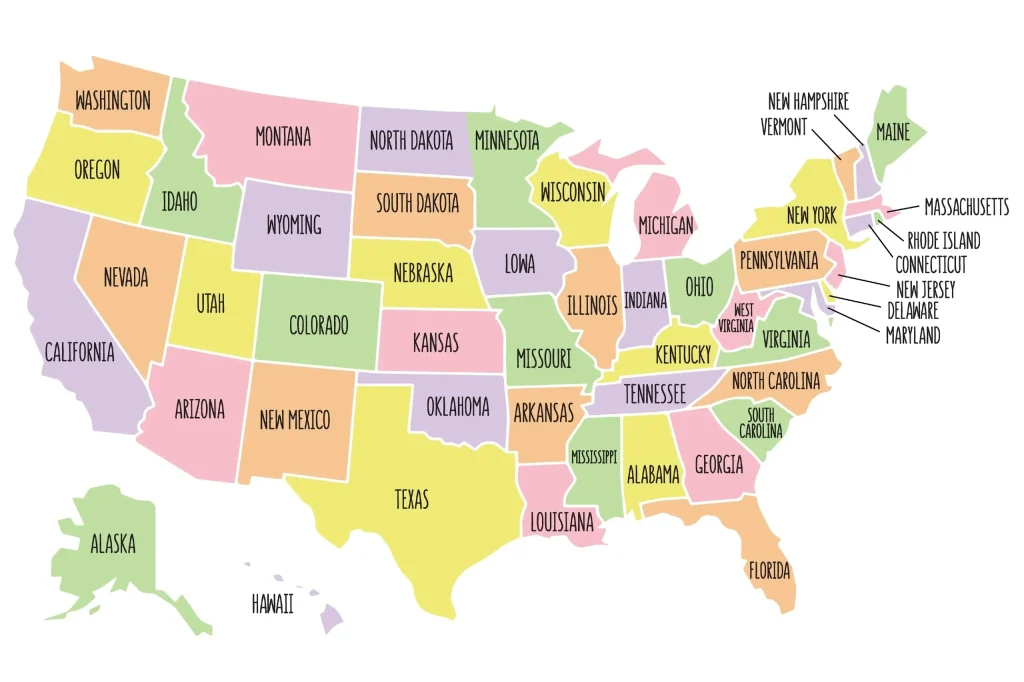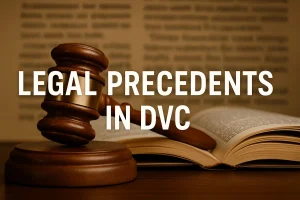When it comes to car accident claims, not all states treat diminished value the same. Depending on where you live, your chances of recovering lost value from your damaged vehicle can vary significantly. In this article, we’ll explore why certain states give your diminished value claim more weight—and how understanding those laws can impact your payout. You’ll also learn about state-specific statutes, court tendencies, and practical tips to boost your chances of success.
How State Laws Impact Diminished Value Claims

Diminished value—what your car loses in market worth after an accident—may be treated as a valid loss in some states, while others dismiss it outright. States fall into three categories: those that clearly allow diminished value claims, those that restrict them, and those that leave the matter open to interpretation by insurers and courts. Knowing where your state stands is essential before filing a claim.
Some states, like Georgia and North Carolina, are particularly favorable to claimants. They require insurance companies to consider diminished value as part of a property damage settlement, even if repairs were made. These jurisdictions often have clearer legal precedents and higher success rates for well-documented claims. On the other hand, states like Michigan and Nebraska generally favor insurers, with legal language that minimizes the chance of recovering any post-repair loss in value.
Legal Precedents, Statutes, and Limitations That Matter
In states with a favorable view of diminished value, existing case law supports the idea that a vehicle loses value even after “perfect” repairs. For instance, Georgia’s landmark case Mabry v. State Farm set a precedent that made insurers liable for diminished value as part of their contractual obligation. In North Carolina, courts have also ruled in favor of vehicle owners by emphasizing inherent loss in market perception.
A key distinction is whether a state allows “first-party” diminished value claims—that is, claims made through your own insurer. States known to allow first-party claims include:
- Georgia
- North Carolina
- South Carolina
- Louisiana
- Washington
- Kansas
- Oregon
- New Mexico
- Mississippi
- California (limited acceptance based on specific policy language and case law)
On the other hand, states like Michigan, Nebraska, and New York generally do not allow such claims unless you’re pursuing the at-fault driver’s insurance (a third-party claim).
It’s also important to know your statute of limitations. States like Florida and Texas have a 4-year window to file, while others may limit you to 1 or 2 years. Missing this deadline can void your right to any compensation, no matter how valid your claim is. Consulting a local attorney early can help you understand these deadlines and how your state handles property damage statutes.
Why Geography and Market Behavior Play a Role

State laws are just part of the equation. Local market behavior can heavily influence the perceived loss of value. In urban areas or luxury-car-heavy regions, buyers tend to scrutinize accident history more carefully—leading to higher diminished value estimates. Insurance adjusters and appraisers often account for regional trends when making assessments, which can boost your claim in specific zip codes.
Additionally, some insurers operate with different internal policies across state lines. You might be denied a claim in California that would be approved in Georgia, even with identical damage and documentation. Understanding how your insurer handles claims in your region is a critical part of planning your approach.
Building a Strong Claim in a Favorable State
To maximize your chances in a state that supports diminished value recovery, proper documentation is key. Always start with a professional diminished value appraisal that includes:
- Pre-accident market value from reputable sources
- A full damage and repair history
- An analysis of market trends and comparable sales
Pair this with written communication to your insurer, requesting a diminished value payout based on the evidence provided. Mention relevant case law or statutes, and be persistent. Even in favorable states, adjusters may initially resist paying unless the claim is well-presented.
If your claim is denied, you may have the right to arbitration or small claims court. In pro-claimant states, judges often side with vehicle owners when evidence is strong. You don’t always need a lawyer, but getting legal advice can strengthen your case, especially for higher-value claims.
Final Thoughts: Leverage Your Location
Diminished value is real—and it’s not treated equally across the U.S. Where you file your claim can dramatically impact whether you recover compensation. If you live in a state with favorable laws, take full advantage by preparing a thorough, well-documented claim. Use local legal precedent, know your deadlines, and don’t accept insurer denials without a fight.
Understanding your local legal landscape can be the difference between walking away with nothing and recovering thousands in lost value. When in doubt, consult a professional who understands the laws in your state. The right knowledge and strategy can help you get what you truly deserve.



